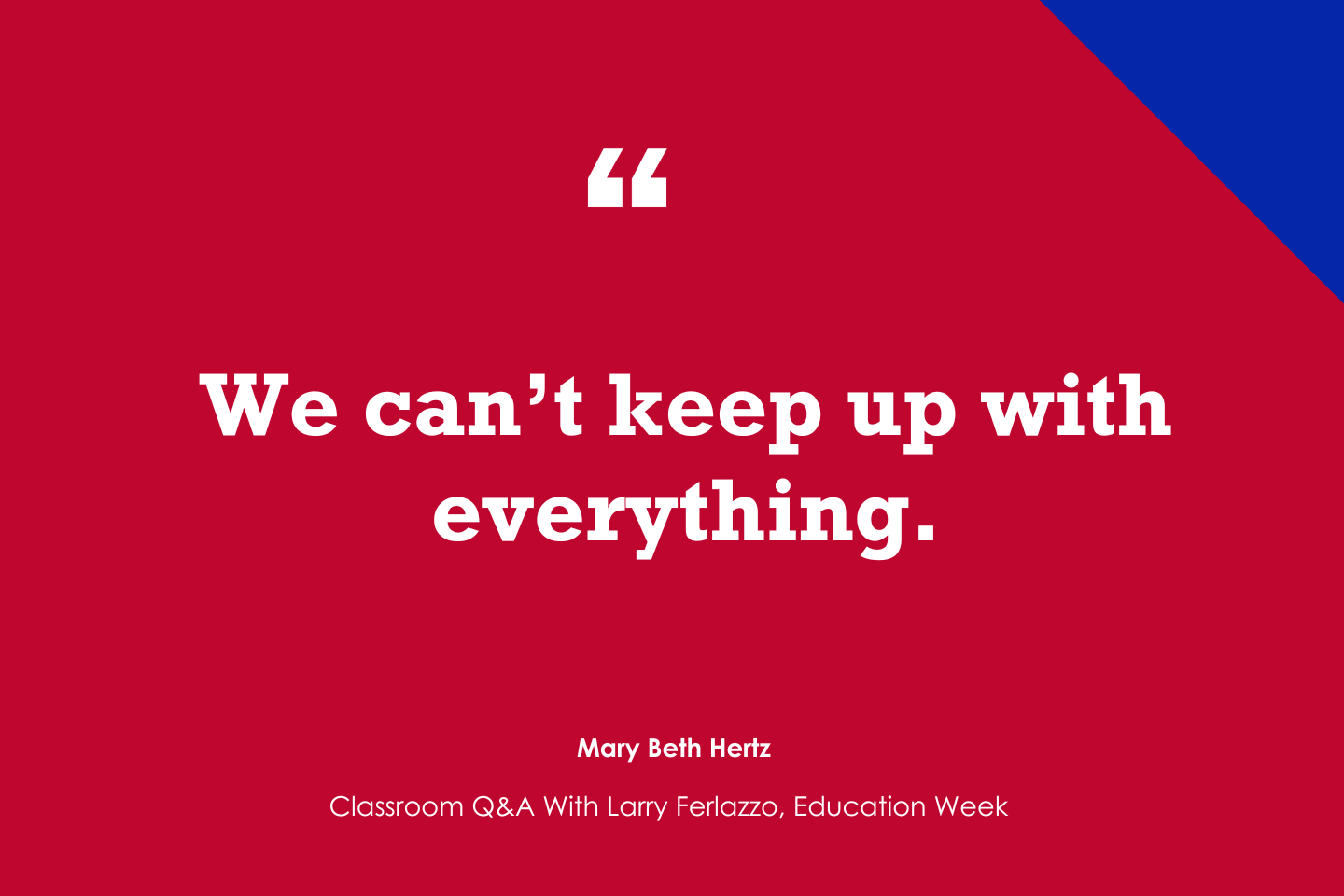
Key points:
- When there is a relationship between teachers and parents, there is trust on both ends
- Survey finds “optimism gap” between teachers, admins
- 5 ways school districts can create successful community partnerships
- For more on parent-educator communication, visit eSN’s District Management hub
Effective parent-educator communication is crucial for a successful school year for the student, the parents or caregivers, and the teacher. Strong parent communication ensures that both parties can collaborate as a team throughout the year for the child’s best interest.
I have read through articles and sat through staff meetings where we are instructed, suggested, and told to contact parents early and frequently. While doing my studies for my graduate program, I read more about parent communication with teachers and how we can ensure that we aren’t just doing it early and frequently, but are instead communicating with parents most effectively, which might not always be early or frequently.
Top 2 “dos”
We can all agree that as an educator, it is important to have a line of communication with parents because it encourages a connection between school life and home life. I have always enjoyed getting to know my students and their families throughout the year–it’s probably one of my favorite parts of the job. Parents want to have peace of mind that their children are in good hands when they are sent to school, and establishing a communication system that encourages a relationship with parents is key to ensuring a successful school year. Below are my top two favorite things I and my district have in place to encourage parent communication.
1. Choose a communication platform that is accessible: My district uses the Remind app to communicate with families. Of course, parents are always able to call or email me as well, but the Remind app just makes communication easier. For example, I am able to quickly type out a message to a parent who might have forgotten to send something, if I need clarification on something they sent, or if they need to let me know about a change in their schedule. The Remind app sends the message as a
text message to parents’ phones. Texting can be one of the most important and easiest ways to boost parent communication (Screencastify, 2023).
2. Set communication expectations with parents at a back-to-school conference: Parents might be intimidated coming into the school to meet teachers one-on-one for the first time. Teachers also might be intimidated by a certain set of parents coming in for conferences if they haven’t really had the time or opportunity to get to know them yet. Our district decided to limit these stressors by changing our traditional “Back-to School” night to “Back-to-School” conferences. According to an article from The Hechinger Report, getting families into the school building and exposing them to the learning environment their child is part of is a great way to boost parent communication (Adams, 2020). At our “Back-to-School” conferences, we are able to meet with families one-on-one and discuss expectations at school and our preferred communication styles. It has been a great way to boost parent communication right at the beginning of the year.
Top 2 “don’ts”
1. Don’t message parents about EVERYTHING: I mentioned before that my district uses the Remind app for most of our parent communication. I find it has been very easy to message parents about more things that happen during the day now that I have this quick messaging system. While reading through an article published by the New Yorker, I reconsidered my current practice. I asked myself if parents need to know everything about their child at school. A student should be able to express themselves at school without fear that any mistake or misstep will be relayed back to their parents. Sharing everything so easily can create mistrust between students and their teachers. Parents put trust in teachers and they can trust that just because they don’t know everything that happens at school, the learning environment is still one that is positive and uplifting (Winter, 2023).
2. Create long messages that parents have to read: Teachers are busy, parents are busy. Messages and emails don’t need to drag on and on. I have found that parents still miss information when I send home newsletters and long messages containing a bunch of upcoming information. Sending short and quick reminders or messages has had the best impact on my parent communication so far.
TLDR: people today like information relayed in short and to the point messages.
Final thoughts
However an educator chooses to go about communicating with parents, they must
remember that when there is a relationship between teachers and parents, there is trust. My students’ parents trust me and don’t bombard me with questions or lists of concerns. We have open communication with each other and they know I am always available to take a message, email, or phone call if they have questions. I know I can count on the same from them.
References
Adams, C. (2020, February 28). How some schools are taking steps to encourage family engagement. The Hechinger Report.
https://hechingerreport.org/what-the-research-says-about-the-best-way-to-engage-parents/
Screencastify. (2023, May 25). 7 Ways Teachers Can Communicate With Parents in 2023-2024 School Year. Screencastify.
https://www.screencastify.com/blog/ways-teachers-can-communicate-with-parents-usingtechnology
Winter, J. (2023, September 5). Can Teachers and Parents Get Better at Talking to One Another? The New Yorker.
https://www.newyorker.com/news/annals-of-education/can-teachers-and-parents-get-better-at-talking-to-one-another
Strong parent communication ensures that both parties can collaborate as a team throughout the year for the child’s best interest. District Management, Educational Leadership, Featured on eSchool News, best, communication, educators, interest, IT, parent, parents, SAT, school, school communication eSchool News








